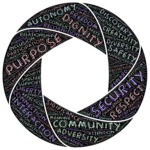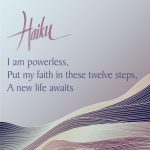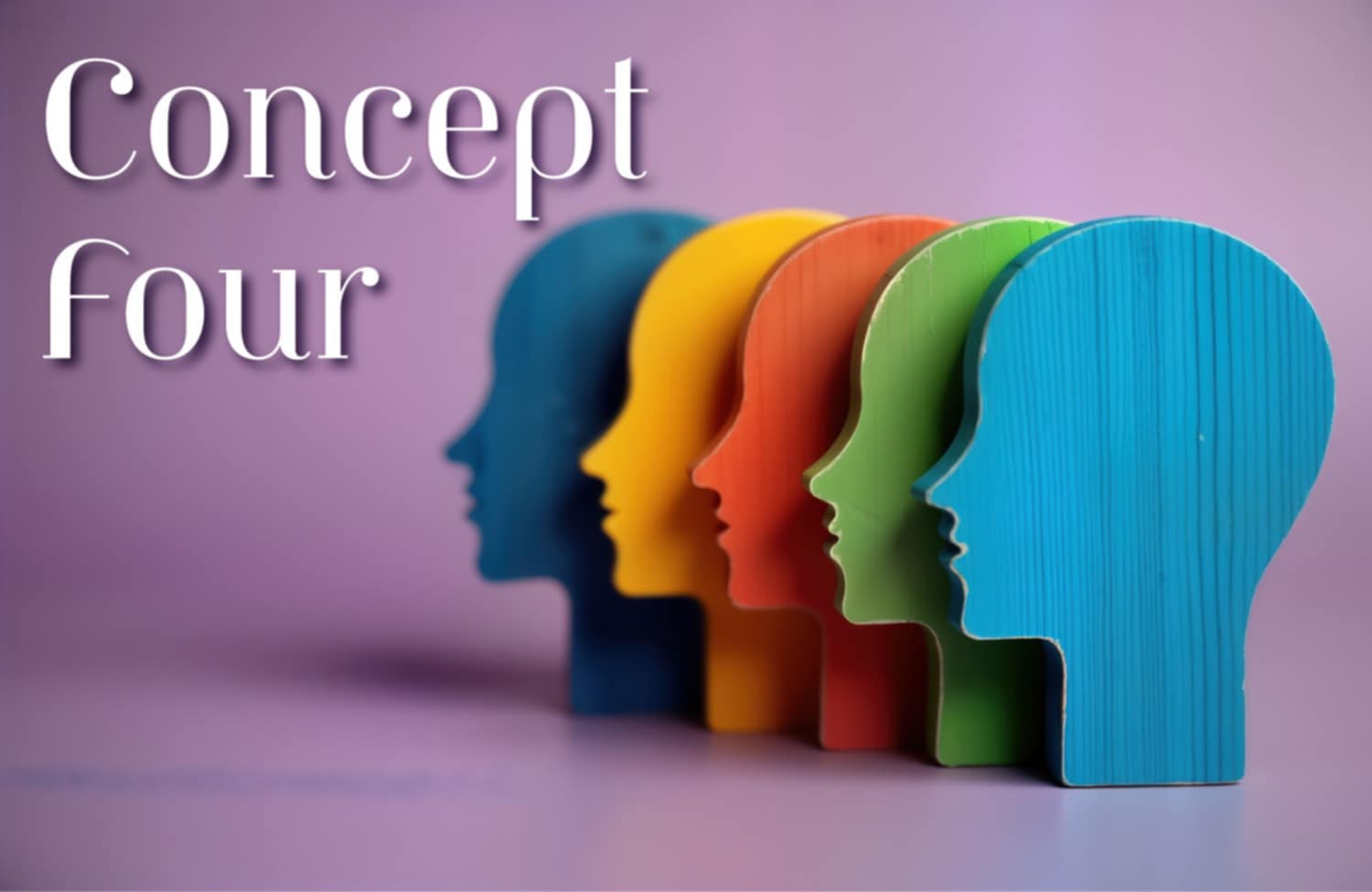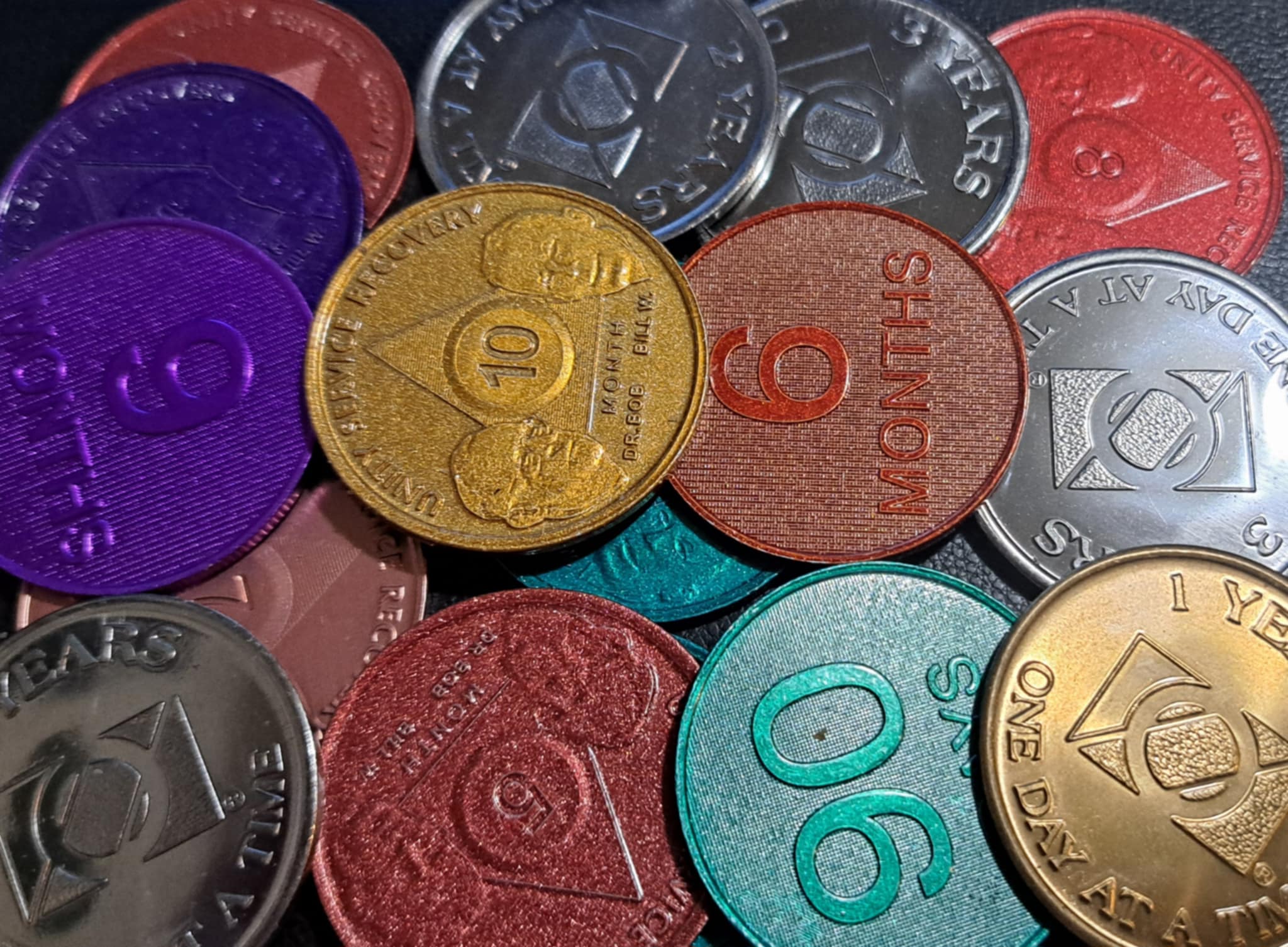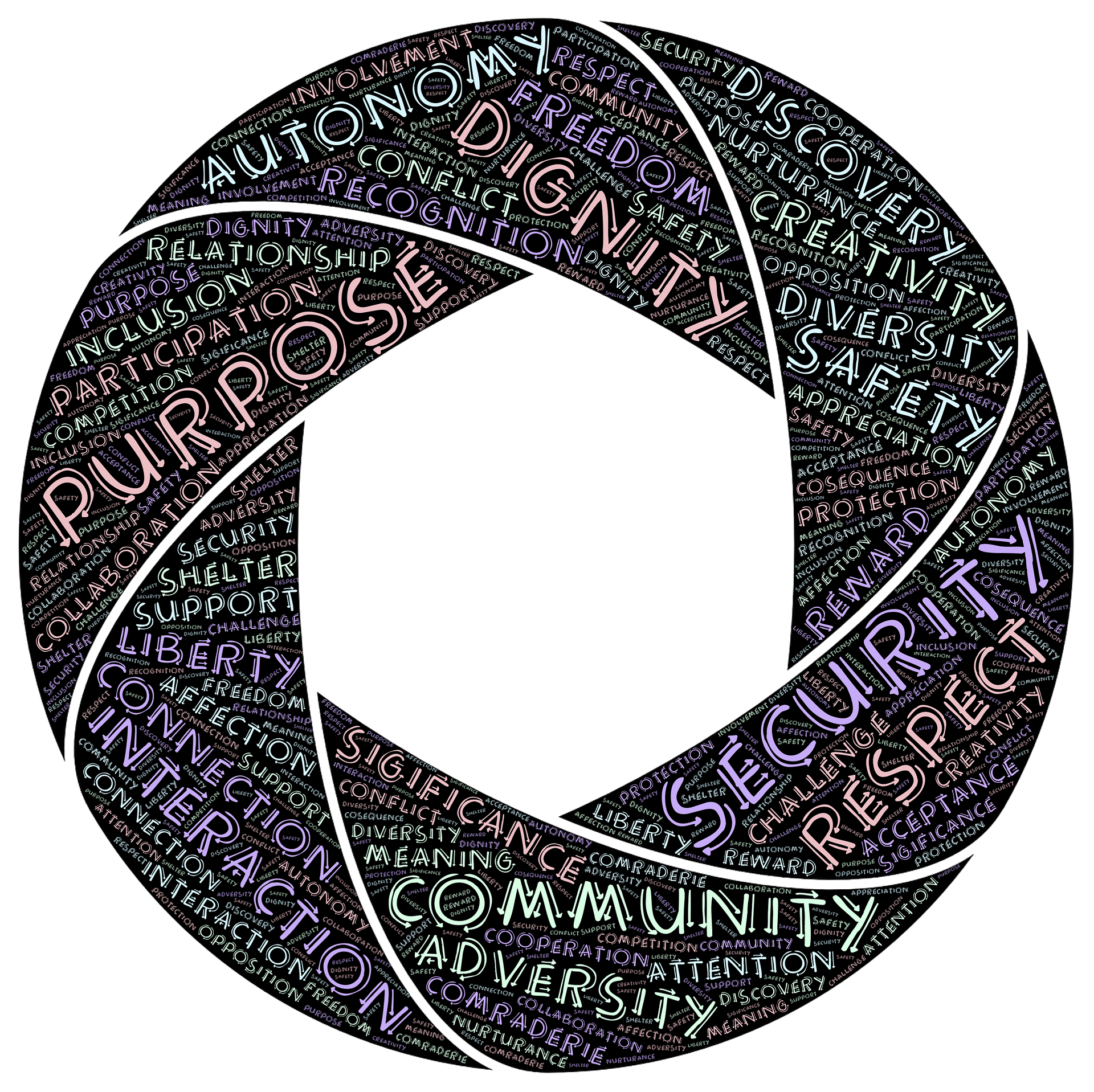Finding Recovery and Community: An Interview with Juliet H
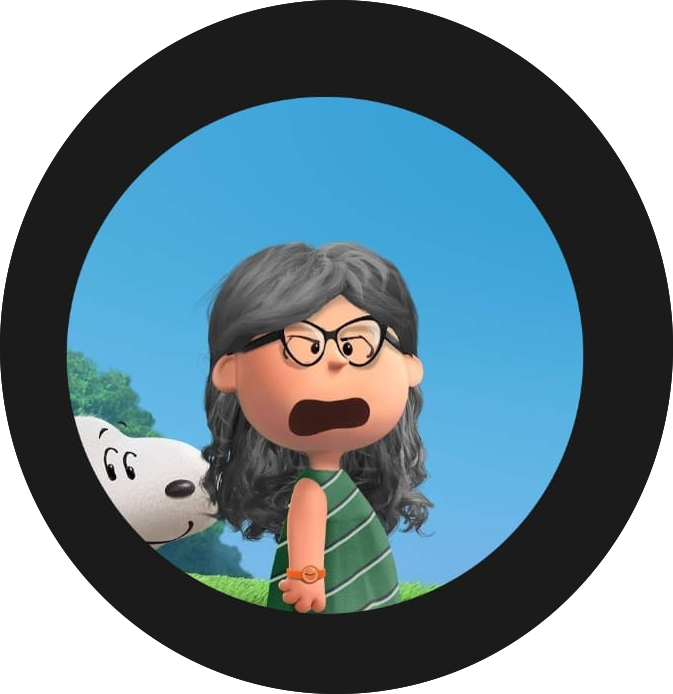
In a candid conversation, Juliet shared her experiences with compulsive eating and her journey into Overeaters Anonymous (OA), highlighting the pivotal moments, challenges, and the profound impact of service on her recovery.
Q: What is your story with compulsive eating? How did you come into the fellowship?
A: I got sober in AA when I was 17, and by that time, I had already developed a significant eating disorder. When I got sober, my bulimia problem escalated. The first time I attended OA was in 1986, but I wasn’t ready. I thought it was weird and didn’t want to be there, so I didn’t stay. Over the years, my weight fluctuated drastically. Finally, in April 2020, I had an epiphany. I had bought something for my husband’s birthday that I don’t eat anymore, but all I could think about was eating it. When I finally took a bite, I realized it contained straight alcohol in the frosting. Normally, if alcohol touches my mouth, I spit it out immediately. But this time, I didn’t. That’s when I knew I needed OA.
Q: So that was your moment of realization?
A: Yes. Normally, I’d have spat it out without a second thought. But with food, the pull was just too strong. That’s when I understood the gravity of my compulsive eating.
Q: And after that, you never left OA?
A: That was in April 2020, but it took me a while to achieve abstinence. Now, I have about two years of abstinence.
Q: Congratulations! I see you doing a lot of service work. What kind of service have you done, and what are you doing now?
A: I served on what we now call the digital committee, worked on the meeting schedule committee, and chaired it before rotating out. Now, I mostly answer emails for [email protected]. I also do security at Zoom meetings since I’ve been attending online AA meetings for eight years, so I’m familiar with the platform.
Q: Are you still active in AA as well?
A: Yes.
Q: What was the most difficult part of your journey?
A: Finding a sponsor was really hard. There aren’t many available sponsors at meetings, and I have a certain idea of what sponsorship should be from my experience in other 12-step programs. Some of the first sponsors I met were quite strict, almost mean. Eventually, I found someone who worked well for me, but they only wanted to work with newcomers. Now, I have a new sponsor, and I hope they continue to have the time and energy for me.
Q: Do you sponsor others?
A: I sponsor a lot of people in AA, but not in OA. I’ve tried, but it hasn’t worked out.
Q: What keeps you going in service?
A: I was raised to help out, and in 12-step programs, service is emphasized. I don’t make friends easily, but working in service helps me connect with others.
Q: Have you formed meaningful relationships through service?
A: Yes, a few. I wouldn’t say we’re super close, but I feel more comfortable calling them than I would with someone I just met at a meeting.
Q: What inspires you about people or being of service?
A: I love how service brings people together. The “hive mind” is greater than the individual, and by talking through challenges, we find solutions. I’ve also learned to listen to quieter people because when they speak, it’s often really insightful.
Q: How has service helped your recovery?
A: Service gives me a reason to show up. Sometimes, just showing up isn’t enough motivation, but if I’ve committed to helping, it keeps me accountable and makes me feel like I belong.
Q: What’s your favorite form of service?
A: I enjoyed working on the intergroup web pages because it had clear results. Answering emails is also fulfilling because I get a sense of accomplishment when I resolve an inquiry.
Q: Do you have a favorite meeting?
A: Yes, the daily Big Book meeting at 4:00 PM Eastern. It’s my favorite OA Footsteps meeting.
Q: And you do service there as well?
A: Mostly security. It’s not everyone’s favorite job, but it’s necessary.
Q: What’s special about that meeting?
A: It has a mix of NA and OA members, which adds to the atmosphere. We call on people rather than relying on raised hands, so we hear from voices that might not typically speak up. There’s also a strong focus on solutions, which I appreciate. Plus, the parking lot discussions afterward help build community.
Q: What advice would you give a struggling compulsive eater today?
A: Be patient with yourself. You won’t learn everything about OA in 20 minutes, two years, or even 20 years. I still have a lot to learn about myself and the program.
Q: Are you able to be patient with yourself?
A: I’m learning. Self-compassion is difficult for me, but OA’s literature is more contemporary than AA’s, allowing for a more nuanced view of progress. It’s helped me see myself in shades of gray rather than black and white.
Q: Any last thoughts?
A: I’m just really grateful for OA and OA Footsteps. I have a chronic illness that prevents me from attending in-person meetings, so knowing that I can find a meeting online almost anytime is amazing.
Q: Do you want to talk about your chronic illness?
A: No, not really. I’m just tired of talking about it.
Q: That makes sense. Well, I really appreciate your time. Thank you for being so open.
A: Thank you! I appreciate you asking me.
©2024 Experience Strength & Hope Newsletter,
All rights reserved. Proudly sponsored by OA Foot Steps VIG #09670.
Did you enjoy this article? We would encourage our members to use this post, and others like it, at their meetings, or for private reflection. We also encourage you to share this post to other fellows to help the compulsive eater who still suffers. Please let us know if you have an idea for an article or an upcoming theme, or have any questions or suggestions. Email our editorial staff at [email protected].
The experience, strength, and hope expressed in this article, reflect the individual OA members and does not represent OA as a whole. Other OA groups and service bodies are welcome to reprint articles from Experience, Strength & Hope Newsletter without permission. When reprinting from other OA newsletters, be sure to credit the source.



